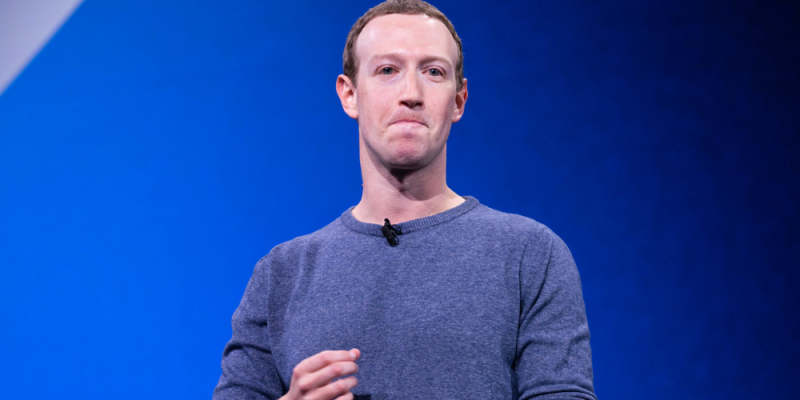Zuckerberg's Stance on Parental Consent: Redirecting Responsibility to App Stores

In the realm of digital safety for younger users, a new debate emerges, spurred by the CEO of Meta, Mark Zuckerberg. During a recent congressional online safety hearing, Zuckerberg made a striking proposition: Apple and Google, the tech behemoths behind the major app stores, should take on the responsibility of managing parental consent systems for social media apps. This concept is not new; Meta has previously suggested app stores are better positioned to tackle this issue, framing it as an industry-wide standard necessary for the safeguarding of our children in the digital age.
The Genesis of a New Safety Proposal
Meta's push for a different approach to parental consent stems from a desire for a unified solution across the digital ecosystem. Last year, Meta proposed that app stores should require parental approval for users aged 13 to 15 for specific app downloads, a policy that could enhance children's safety online. This fresh perspective offers a solution that does not invade privacy through methods like ID uploads for verification. Instead, Zuckerberg champions a seamless integration within app stores, which are already engaged in the regulation of in-app payments and consent mechanisms.
The Interplay of Privacy, Control, and Corporate Interests
Zuckerberg's testimony underscored parental data privacy concerns, reinforcing the belief that uploading IDs for consent on every app is not privacy-friendly. His advocacy for app store-facilitated parental controls mirrors existing monetary consent requirements, adding a layer of cabinetry to the debate. Zuckerberg's nuanced suggestion contrasts with Apple's in-app purchasing policies, which contribute to the tech giant's revenue through significant commissions. By intertwining the issue of consent with financial transactions in the app stores, Zuckerberg places the onus on Apple and Google to harmonize the interests of businesses with those of families seeking control over their children's digital experiences.
Redefining the Battlefield: Meta versus Apple
Meta's stance reflects the tension between the social media conglomerate and Apple, particularly following Apple's foray into advertising and the introduction of App Tracking Transparency, which dented Meta's ad revenue. While this move was marketed as a boon for consumer privacy, it inadvertently drove app developers towards purchasing more App Store Search ads, creating a ripple effect that has led to discussions like the one surrounding parental consent today.
A Call for Legislative Support in the Digital Era
Zuckerberg, in his congressional address, called for legislative support to simplify parental consent procedures. By placing the mechanism within the jurisdiction of app stores, he proposes a streamlined, privacy-preserving approach that simplifies the digital footprint families must navigate. It's a strategic and audacious shift that challenges legislative bodies to revisit the current paradigm of online safety and redraw the responsibilities of major industry players in this increasingly complex digital landscape.
















